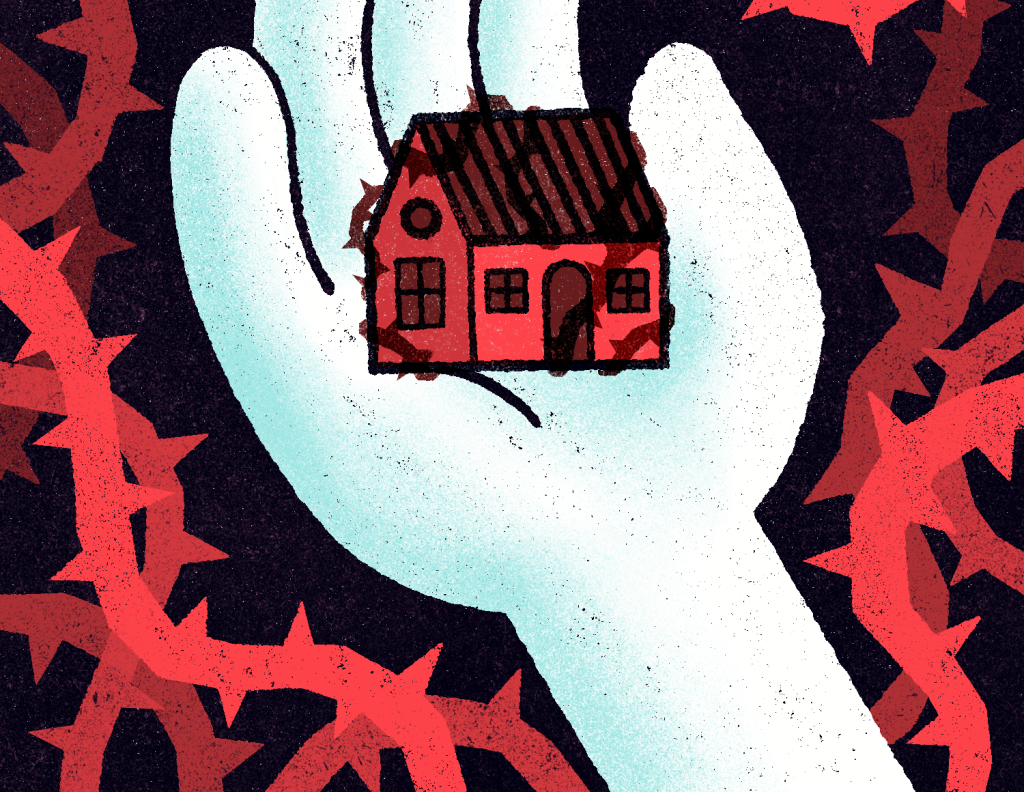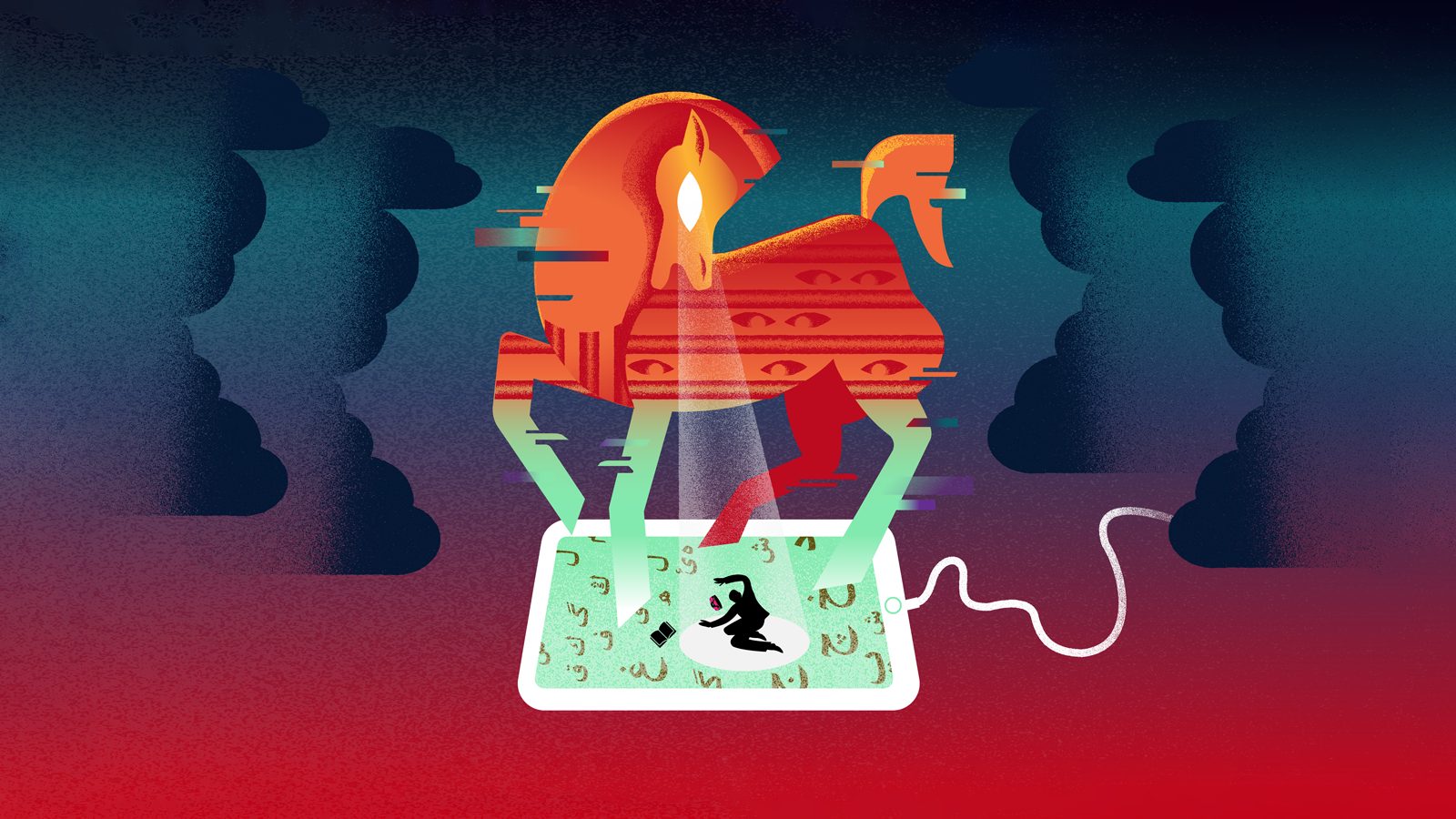
Meron Estefanos
An Activist From Eritrea
Meron is Swedish-Eritrean. She lives in East Africa where she advocates for Eritrean refugees. Ever since becoming an activist, she has been attacked by trolls who she believes are organized by the Eritrean government.
This country spotlight is part of the Citizen Lab’s research on digital transnational repression. Digital transnational repression arises when governments use digital technologies to surveil, intimidate and silence exiled dissidents and diaspora communities. It is part of the broader practice of transnational repression, which refers to states using methods such as harassment, coercion-by-proxy, kidnapping, and assassination attempts, in order to control dissent outside their territories. Further research by the Citizen Lab on this issue – including research reports, country spotlights, stories of digital transnational repression, video interviews, and academic articles – is available here .
Meron is Swedish-Eritrean who grew up in Sweden, where her parents were deeply involved in the Eritrean liberation movement. She moved back to Eritrea in 2002 and stayed for two years. At the time, she did not know much about the situation in her country of origin. When she arrived she was shocked to learn about the forced military service and other restrictions that the state imposes on its population. “There is no such thing as freedom of expression or movement,” she says. After her return to Sweden she began engaging in human rights activism opposing the Eritrean government. Meron currently lives in East Africa where she continues to advocate for Eritrean refugees.
Communication and digital tools are key for Meron’s activism. She uses phone calls to connect with refugees during their dangerous journeys. She relies on Proton Mail, Signal, and other channels to securely share information on human traffickers with law enforcement and human rights groups in different countries. Social media platforms like X and Facebook help her raise awareness and pressure decision makers to better protect the human rights of Eritreans. With her reporting on human trafficking and advocacy for Eritrean refugees, she feels she has stepped on the feet of various governments, including Ethiopia, Rwanda, and Israel. But it is mostly her criticism of the Eritrean government that exposes her to gendered threats and digital transnational repression.
Ever since becoming an activist, she has been attacked by trolls who she believes are organized by the Eritrean government. After media appearances, Meron regularly faces hundreds of racist and misogynistic attacks. She is repeatedly called “a prostitute,” “an animal,” and “ugly.” Meron also noticed that, after attackers target the international journalists who interview her, they appear less willing to cover her activism and Eritrea. To mobilize the diaspora against her, she says, Eritrean government figures have spread false claims that she would receive part of the ransom paid to human traffickers and decide over the fate of refugees who risked crossing the Mediterranean. “When they make such accusations, it really harms you,”she says, referring to the thousands of Eritreans who died after fleeing their home country.
The online assailants never challenge Meron’s ideas, rather they attack her as a woman and question her parental ability. As she recounted: “They call me a drug addict and that I lost my kids through social services even though I live with my kids.” These constant attacks and accusations on social media leave Meron feeling tired and depressed. She has also been subject to physical attacks. After a Facebook post was circulated in Sweden that incited the Eritrean diaspora to break her bones, she was assaulted by eight people in a nightclub. Other attacks happened at the gym, in the supermarket, and on public transport.
To protect herself Meron constantly updates her digital security knowledge. Activist support groups on digital safety and mental support have helped her the most. She also takes breaks from social media and blocks perpetrators. Still, Meron questions if online safety measures are worthwhile given the resources repressive governments have at their disposal. Meron believes that social media companies have neglected Eritrean communities as they fail to capture how hate speech and bullying in local languages violates platforms’ guidelines.
